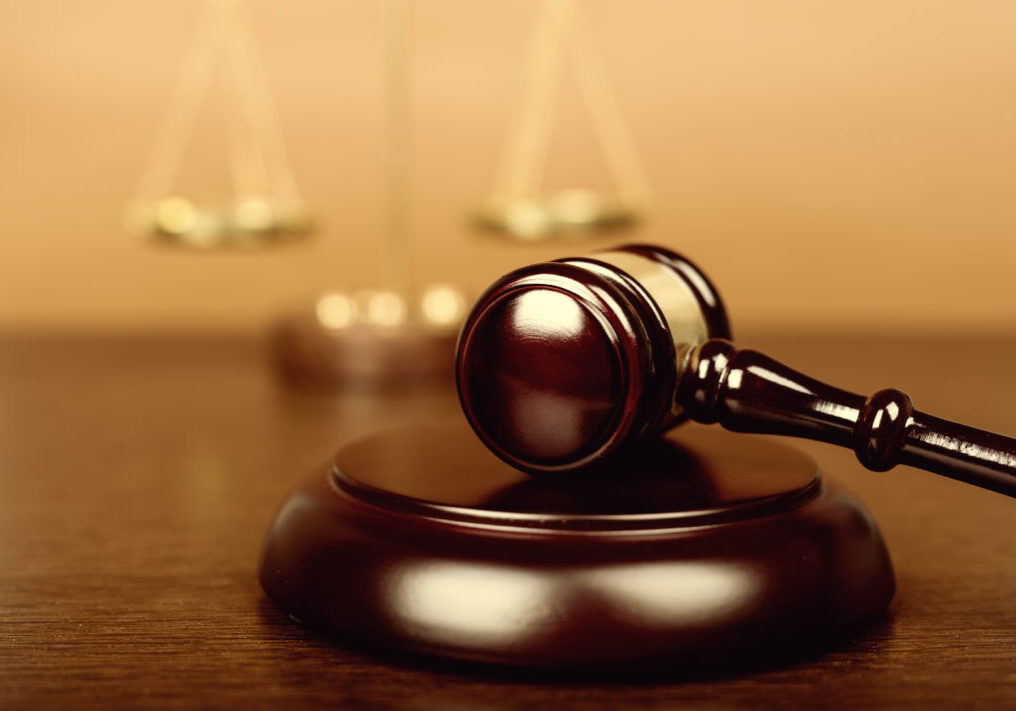A federal three-judge panel has rejected Louisiana’s new congressional map that added a second-Black majority House district. The ruling came after the state Legislature, under orders from a different federal court, redrew the state’s congressional boundaries in January to accurately reflect the state’s racial makeup. In Tuesday’s 2-1 decision, the U.S. Western District panel ruled that the map was unconstitutional because it focused solely on race. The Shreveport Times’s Greg Hilburn reports:
The lawsuit challenging the map attacked the new majority Black 6th Congressional District boundaries stretching from Baton Rouge to Lafayette to Alexandria to Shreveport as unconstitutional, saying they don’t meet traditional redistriction principles like compactness and preserving communities of interests. But the state contended additional factors drove the map, including the politics of protecting powerful incumbent Louisiana Republicans U.S. House Speaker Mike Johnson (4th District), Majority Leader Steve Scalise (1st District) and Julia Letlow (5th District), a member of the Appropriations Committee that controls the country’s pursestrings.
Attorney General Liz Murrill wrote on social media that the case is likely headed to the U.S. Supreme Court. The Associated Press reports that the court has scheduled a status conference for May 6, and that the Secretary of State’s office needs to know by May 15 what the district boundaries will look like for the November elections.
House to take up con-con
Gov. Jeff Landry’s scheme to rewrite Louisiana’s constitution faces its first big test on Wednesday when the enabling legislation comes up for debate on the House floor. Landry and his lieutenants have refused to say what protections they want delegates to change in the state constitution, but claim a convention is needed to give legislators more flexibility to “reform” the tax structure and cut the budget. House Bill 800, which needs a two-thirds supermajority to pass, calls for a constitutional convention that would run from May 20 through June 3. The Times Picayune | Baton Rouge Advocate’s Tyler Bridges provides a status check:
Items that could lose their constitutional protection include the $75,000 homestead exemption, the MFP spending formula for K-12 schools, the home rule charter for New Orleans, billions of dollars in tax breaks for businesses and a sales tax exemption for purchases of groceries, prescription drugs and home utilities. “While the details are scarce, the stakes are high,” Invest in Louisiana, a progressive group in Baton Rouge, wrote recently.
Operation Strolling Thunder
Parents and kids representing 50 states and the District of Columbia descended on Capitol Hill on Tuesday to press Congress for more support for families. Attendees of the “Strolling Thunder” event lobbied lawmakers on six key issues, including the establishment of a national paid family leave policy and a permanent expansion of the federal Child Tax Credit. States Newsrooms’ Ashley Murray reports:
“We’ve seen that time and time again that families are using those [Child Tax Credit] resources for diapers, child care, formula and things their babies and their family needs. And it’s really critical for their success,” [Candace] Winkler said. The current child tax credit is $2,000 a year after tax liability, but the amount a parent could receive per child under 17 in a refund check is capped at $1,600 in 2023. The credit phases in at 15% on every dollar after earnings of $2,500.
A bill that would extend and expand the federal Child Tax Credit remains stalled in the Senate where members oppose the measure on principle and for overtly political reasons. An estimated 316,000 Louisiana children from low-income families would benefit from an expansion of the federal Child Tax Credit, according to recent analysis from the Center on Budget and Policy Priorities.
Lawmakers try to regulate carbon capture
State lawmakers rejected a slew of proposals last year that sought to rein in the controversial carbon capture industry in Louisiana. Carbon capture is a process where industries that emit carbon dioxide capture their emissions, pump those emissions into pressurized tanks or pipelines to liquefy them, and then store that liquid carbon dioxide underground. The Times Picayune | Baton Rouge Advocate’s Meghan Friedmann reports on legislation targeting safety and taxation of carbon capture projects:
House Bill 516 by Rep. Shane Mack, R-Livingston, aims to protect the public as the industry grows. It would require owners of carbon sequestration facilities to provide an emergency response plan to local authorities and to conduct an emergency response drill before beginning operations. … Meanwhile, House Bill 73 would have allowed parishes to tax sequestered carbon. Mack said he is turning that bill into a resolution to study funding mechanisms for local governments who may need to amp up emergency response services or make infrastructure improvements due to projects in their areas.
Petrochemical industry leaders – along with state and national politicians – tout carbon capture technology as an industry-friendly way to reduce greenhouse gas emissions. Environmental and renewable energy advocates counter that the technology is unproven and poses serious risks to surrounding areas. A recent carbon dioxide leak near Sulphur is raising safety and regulatory concerns of the expanding network of carbon dioxide pipelines.
Number of the Day
1,943 – Number of Louisiana children that will lose access to early childhood education because of a proposed $24.3 million cut included in the House’s budget proposal. (Source: Louisiana Policy Institute for Children)
